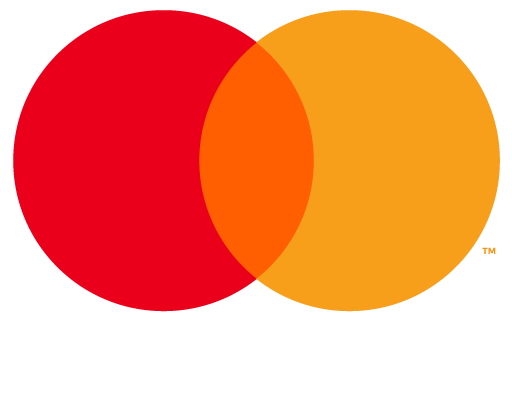“Women’s economic empowerment and financial inclusion remain unfinished business,” stated Åsa Regnér, Assistant Secretary-General and Deputy Executive Director of UN Women. Despite progress made in recent years, women continue to face barriers to accessing financial services and products, limiting their opportunities for economic empowerment in their personal and professional lives.
This is where inclusion finance can step in: inclusion finance refers to financial services and products designed to reach marginalised and underserved populations, including women. By putting women at the centre of inclusion finance, we can not only help them to achieve better financial health but also drive economic growth and development, promote gender equality, and create a more equitable and prosperous world.
Yet, women continue to be disproportionately excluded from the financial system, limiting their opportunities and potential for economic empowerment.
In this blog post, we have collated the top reasons why putting women at the centre of inclusion finance is so crucial for any society:
Equality
for Women
1. Women are often excluded from the formal financial system:
According to the World Bank, “Women globally are 9% less likely to have an account with a financial institution or mobile banking than men, and the gap is larger in poorer countries”. This lack of access to financial services can limit their ability to save, invest, and grow their businesses, resulting in fewer opportunities for economic empowerment.
2. When more women work, economies grow
Women account for half of the world’s population and have immense potential to contribute to economic growth. Women’s economic empowerment boosts productivity, increases economic diversification and income equality in addition to other positive development outcomes. It is estimated by The Organization for Economic Cooperation and Development (OECD) that gender gaps cost the economy some 15 per cent of GDP whilst increasing the female employment rates in OECD countries to match that of Sweden could boost GDP by over USD 6 trillion. For example, by providing women access to financial services and products, they can start and grow their businesses, create jobs, and contribute to their local economies.
3. Financial inclusion can promote gender equality
Women’s economic empowerment is critical to achieving gender equality and realising women’s rights. Women’s economic empowerment encompasses their ability to participate equally in existing markets, access to and control over productive resources, decent work, control over their own time, lives, and bodies, and increased voice and agency in economic decision-making. This can help to break down traditional gender roles and stereotypes, promoting gender equality and empowering women.
4. Women are more likely to invest in their families and communities
Studies have shown that women are more likely to use their income to support their families and invest in their communities. By providing them with access to financial services and products, we can help these investments, ultimately benefiting entire communities and societies.
5. Women’s economic equality is good for business.
Companies greatly benefit from increasing employment and leadership opportunities for women, which is shown to increase organisational effectiveness and growth. In one McKinsey study, it is estimated that companies with three or more women in senior management functions score higher in all dimensions of organisational performance.
Sustainable development goals relating to empowering women:






In conclusion, putting women at the centre of inclusion finance is not only the right thing to do but also the smart thing to do. Providing women with access to financial services and products can drive economic growth, promote gender equality, and create a more equitable and prosperous world for all. It is time to prioritise the financial inclusion of women, not just for their benefit, but for the benefit of society as a whole.
Our contribution
Creating healthier and more inclusive economies for Women through innovation requires a combination of financial and economic knowledge, front-line experience in value chain systems, social and context awareness, discipline, and smart, data-driven decision-making.
Some of the biggest challenges for women to benefit from transactional technologies are associated with connectivity, digital literacy, expenses and cultural norms. At Correlaction , we are dedicated to overcoming these challenges by offering solutions that enhance the visibility of MSMEs, particularly those owned by women, within the financial system. By enabling these businesses to establish a proven track record of their operations, our solutions facilitate access to credit lines. Moreover, our innovative solutions operate in real-time, independent of connectivity, and are tailored to the specific context. This ensures that even populations in vulnerable situations can access financial services with minimised risk.
At Correlaction, we collaborate with big market players in the supply chain and the financial sectors to further digitise the inclusion of the Women of Micro, Small & Medium Enterprises (MSMEs) and to enable them convenient access to financial services. We believe in providing transactional convenience by integrating the physical and financial value chains to create sustainable growth and economic wealth for every African MSME woman.



